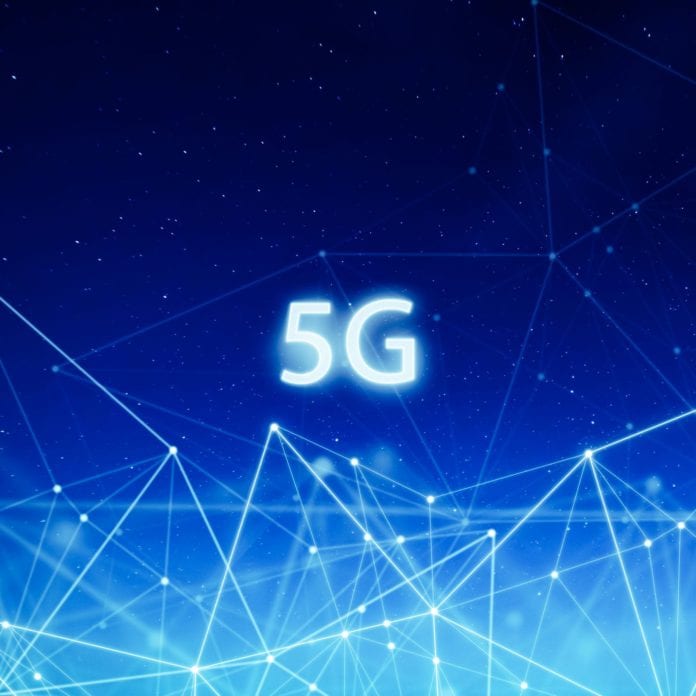AT&T says its mobile 5G network is already live in 12 U.S. cities and that it will officially launch services on Friday. But there’s a catch: 5G won’t be available to just anyone in those cities, at least not at first. The operator will make its 5G “puck” hot spot device available to “select businesses and consumers” through a free initial offer that includes the device plus 5G data, and that arrangement will expand to greater commercial availability in the spring.
AT&T’s 5G New Radio network launch will initially serve parts of Atlanta, Georgia; Charlotte and Raleigh, North Carolina; Dallas, Houston, San Antonio and Waco, Texas; Indianapolis, Indiana; Jacksonville, Florida; Louisville, Kentucky; New Orleans, Louisiana; and Oklahoma City. The first device will be the Netgear Nighthawk 5G mobile hot spot. While free to the company’s select early adopters “for at least 90 days,” according to AT&T, next spring the Nighthawk will be available for $499 upfront with a 5G data plan that includes 15 GB of data for $70 per month.
“This is the first taste of the mobile 5G era,” said Andre Fuetsch, president of AT&T Labs and company CTO, in a statement. “Being first, you can expect us to evolve very quickly. It’s early on the 5G journey and we’re ready to learn fast and continually iterate in the months ahead.”
The carrier was quick to note the caveats of its launch: “While the initial launch starts small and will be limited, as the 5G ecosystem evolves customers will see enhancements in coverage, speeds and devices.” AT&T said that in the first half of 2019, it plans to deploy in parts of Las Vegas, Nevada; Los Angeles, San Diego, San Francisco and San Jose, California; Nashville, Tennessee; and Orlando, Florida.
Gartner Senior Principal Analyst Bill Menezes said that AT&T’s initial 5G play looks more like a commercially available trial than a true commercial launch.
“They’re probably going to be very selective about where they want to launch it, but we’ll still be able to learn a few things,” Menezes said: namely, the performance of the hot spots, such as whether AT&T’s 5G service can be provided to, say, an apartment complex or high-density office building without needing external antennas like the ones employed by Verizon’s 5G Home; and the value proposition of AT&T’s 5G offering. Mo Katibeh, CMO for AT&T Business, said in a statement that he expects that initial customers will be “innovative, growing businesses.”
Menezes added that there are likely to be details about the service that AT&T just hasn’t revealed yet. If AT&T is looking to serve the broadband market, for example, 15 GB is a small data bucket — but if its 5G plans zero-rate services such as video streaming, he said, that’s a different story.
A $70 per month, 15 GB offer designed around a portable 5G hot spot with Wi-Fi connectivity “doesn’t really seem to hit an area of demand, and why would you want to pay for 5G when you’re going to intermittently connect to it?” Menezes said, pointing out that consumers could get much more LTE data for less money. “There are a lot of underlying questions about what the value-add is for getting 5G in this iteration, that AT&T hasn’t made clear,” Menezes added — but that may come as early adopters share their experiences publicly and as AT&T itself learns from them. That, he said, adds to his sense that “It’s a commercial trial. It’s technology that’s going to be commercial, but it’s really still in trial.”
AT&T has already announced plans for two additional 5G devices: smartphones from Samsung that will come in 2019.
“As the ecosystem evolves, this technology will ultimately change the way we live and conduct business,” said Katibeh, chief marketing officer, AT&T Business, adding that those “innovative, growing businesses” that AT&T expects to have as its first 5G customers are “the starting point for what we think will be a technology revolution like we’ve never seen before.”

